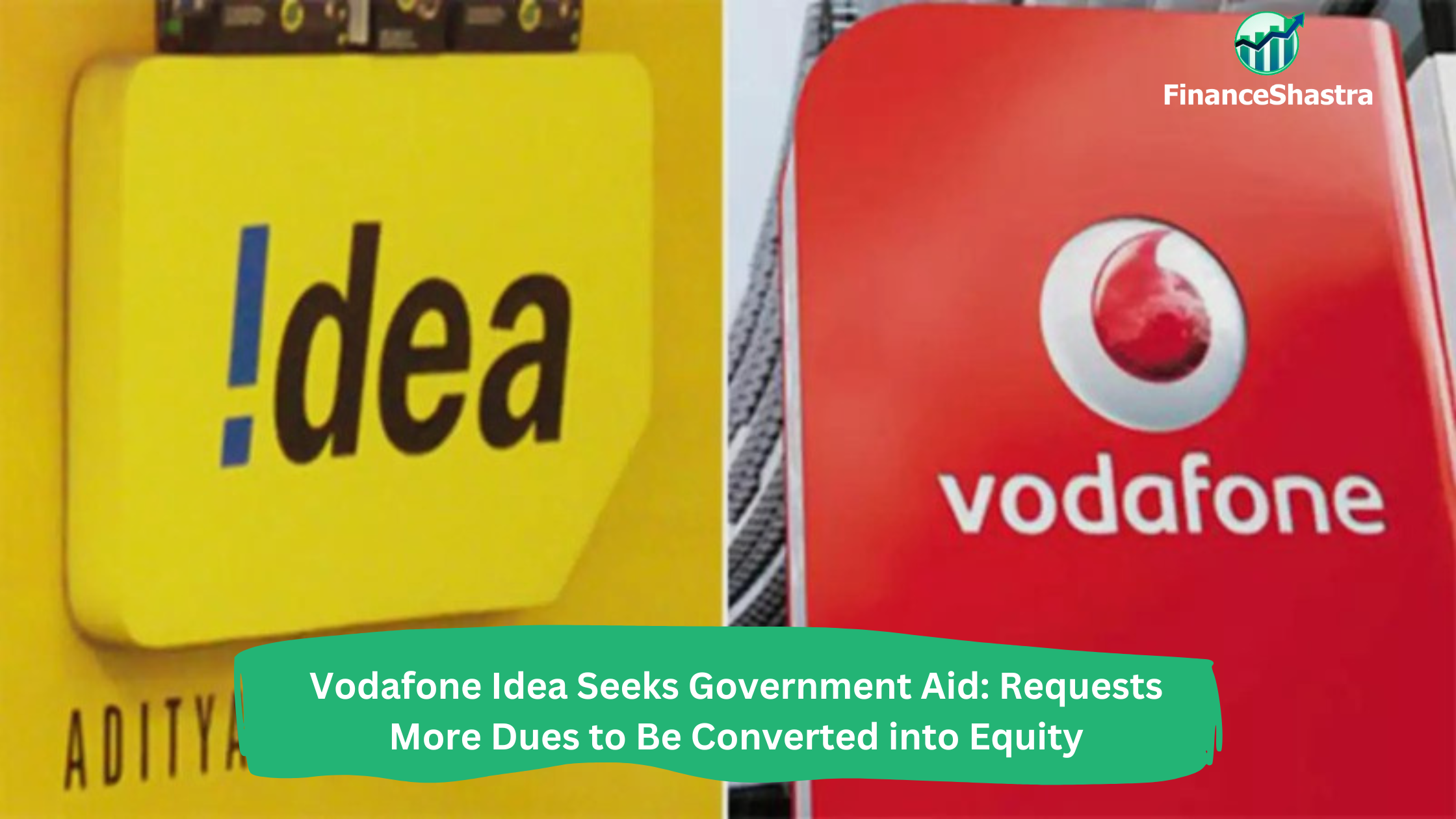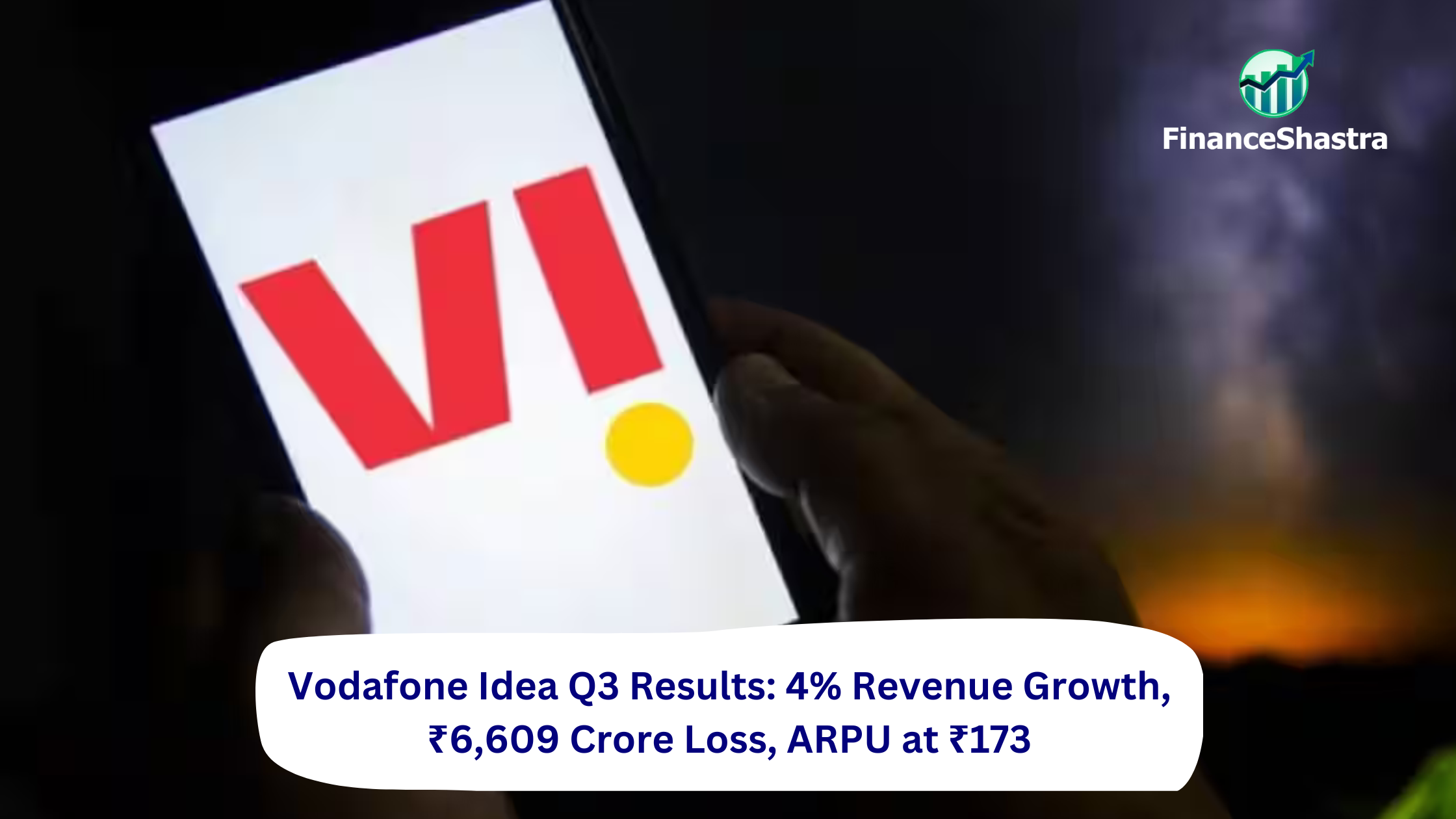Vodafone Idea’s Revival Plan: Government Equity Boost vs Shareholder Value Erosion
Business and Industry Overview:
Vodafone Group Plc is a multinational telecom firm based in the United Kingdom. Its global headquarters and registered office are located in Newbury, Berkshire, England. It predominantly operates services in Asia, Africa, Europe, and Oceania. As of January 2025, Vodafone owns and operates networks in 15 countries, with partner networks in 46 further countries. Its Vodafone Global Enterprise division provides telecommunications and IT services to corporate clients in 150 countries. Vodafone has a primary listing on the London Stock Exchange and is a constituent of the FTSE 100 Index. The company has a secondary listing on the NASDAQ as American depositary receipts (ADRs).
India has one of the largest telecom markets in the world, with 1.2 billion telephone subscribers as of May 2024. The rural telecom sector is also growing, with 59.59% of rural areas now having phone connections. Mobile data usage has increased by more than 10 times in recent years. In FY18, total wireless data usage was 4,206 petabytes, which increased to 47,629 petabytes in Q2 FY24. India is also one of the biggest consumers of data in the world. As per TRAI, the average data usage per user was only 61 MB per month in 2014, but in December 2023, it reached 19.47 GB per month.
There are many opportunities in the telecom sector. By 2026, India will have 350 million 5G users, which will be 27% of all mobile users. The country is also increasing its mobile phone exports. In FY24, exports of mobile phones grew by 42%, reaching $15.6 billion. The demand for skilled workers is also increasing. By 2025, India will need around 22 million workers in fields like 5G technology, artificial intelligence (AI), the Internet of Things (IoT), robotics, and cloud computing. India is also leading in internet usage worldwide. The country ranks 2nd in international mobile broadband internet traffic and international internet bandwidth.
Vodafone India is the Indian subsidiary of the UK-based Vodafone Group. It provides telecommunications services in India and has its operational head office in Mumbai. The Vodafone Idea network has approximately 375 million subscribers and is the third-largest mobile telecommunications network in India.
Currently, India is the world’s second-largest telecommunications market, with a total telephone subscriber base standing at 1,203.69 million and having registered strong growth in the last decade. The Indian mobile economy is growing rapidly and will contribute to India’s Gross Domestic Product (GDP), according to a report prepared by the GSM Association (GSMA) in collaboration with Boston Consulting Group (BCG). Vodafone Idea is one of the dominant players in the market, with an 18.19% market share.
Latest Stock News:
As of April 8, 2025, Vodafone Idea’s stock fell about 11.4% from ₹8.17 to ₹7.24 on NSE after an earlier rise driven by the government converting ₹36,950 crore of the company’s dues into equity, increasing its stake to 48.99%. SEBI allowed this without an open offer, treating the government as a public shareholder, to avoid financial strain and support the struggling telecom firm. Despite this relief, Vi continues to face challenges—JM Financial expects it lost 4.2 million low-paying users in Q4FY25, though its mobile broadband users may grow by 2 million. ARPU is projected to stay flat at ₹163, and revenue may decline 2.1% to ₹10,900 crore, with EBITDA also falling slightly. In contrast, Jio and Airtel are expected to gain 4 million and 3 million users, respectively, while Vi’s base may shrink to 197 million. Meanwhile, Vi confirmed to stock exchanges that no shares were dematerialised or rematerialised in the March 2025 quarter, with over 99.9999% of shares already in demat form.
Potentials:
Vodafone Idea is working hard to fix its problems and get more customers. It plans to improve its 4G network so people can enjoy faster internet and fewer call drops. The company also wants to launch 5G services, but it needs a lot of money to do that. Since Vodafone Idea has a huge debt, it will ask investors for money and take loans to pay what it owes.
To stop customers from leaving, Vodafone Idea will offer better recharge plans and discounts and improve network quality. It will also expand its services for businesses, offering things like cloud storage, security solutions, and IoT (smart technology) services. The Indian government now owns a big part of Vodafone Idea and might help the company with its financial troubles.
Vodafone Idea will focus on villages and small towns by offering cheaper mobile plans to attract more users. The company must raise enough money, keep its customers happy, and launch 5G soon if it wants to survive and compete with Reliance Jio and Airtel.
Analyst Insights:
- Market capitalisation: ₹ 51,332 Cr.
- Current Price: ₹ 7.19
- 52-Week High/Low: ₹ 19.2 / 6.60
- Dividend Yield: 0.00%
- Return on Capital Employed (ROCE): -3.61%
Vodafone Idea has been consistently posting losses, with a net loss of ₹6,609 Cr in Q3 FY24 and negative EPS of ₹-0.95. The company holds a massive debt burden of over ₹2.5 lakh crore, and its book value stands at ₹-13.7, reflecting severe erosion of shareholder equity. While operating margins have improved to 42% and there has been a slight promoter holding increase of 1.48% in the recent quarter, the overall financial health remains weak — with negative profit growth (-56% over 5 years), low sales growth (3%), and negative ROCE (-3.61%). Compared to peers like Bharti Airtel, which are profitable and stable, Vodafone Idea remains a high-risk investment with no clear visibility of turnaround, making it unsuitable for long-term investors.





